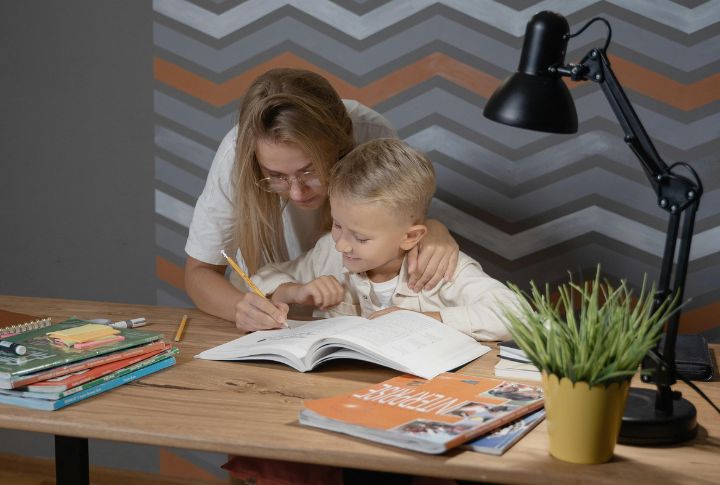
For many, struggles with confidence don’t appear out of nowhere. They directly trace back to patterns set in motion long before adulthood. The way parents interact, even in everyday situations, leaves a mark that’s not always obvious until later. Let’s break down the parental actions that may still be shaping your self-confidence.
Constant Criticism

Hearing constant criticism from parents feels less like guidance and more like a spotlight on every flaw. Brain scans show adolescents process it in the same regions tied to social pain, which makes you more sensitive and self-conscious.
Withholding Praise

Silence after your effort can feel louder than criticism. When parents forget to acknowledge good behavior or small successes, confidence doesn’t get the fuel it needs. Over time, a lack of praise quietly erodes self-worth and leaves you unsure if your efforts really matter.
Overprotection

Parents who try to shield you from every risk may mean well, but their safety net doubles as a cage. Overprotection limits independence. That’s why you are less prepared to handle setbacks. Instead of resilience, you’re more likely to grow into shaky self-esteem and heightened vulnerability.
Micromanaging Choices

Like a stone cast into still waters, parental micromanagement ripples outward through a child’s development. It first erodes their sense of agency, then sparks anxiety and validation-seeking behaviors. By adolescence, those ripples crash as resentment and poor emotional regulation take hold.
Modeling Insecurity

Since a child’s healthy development thrives on emotional security and steady self-worth, when parents model persistent insecurity, this natural trajectory shifts dramatically. Their anxious attitudes and self-doubt seep into their children’s developing minds. This turns confident social engagement into withdrawal, stable self-esteem into uncertainty, and emotional resilience into heightened conflict sensitivity.
Unrealistic Expectations

High standards sometimes help children grow, but unreachable ones do the opposite. When parents demand perfection, kids feel crushed under pressure. Stress builds steadily until anxiety follows. Self-image weakens over time. Confidence finally cracks when every effort feels like it might disappoint someone.
Dismissing Emotions

A scraped knee or a bad day at school shouldn’t be brushed off with “you’re fine.” When parents downplay emotions, kids lose faith in their own feelings. That gap often grows into lower self-esteem and lasting problems with emotional regulation.
Comparisons To Others

You probably remember a moment someone said another kid was smarter, faster, or better. For children, those comparisons cut deep. Over time, the message sinks in: you’re lacking. Identity development takes a hit, and feelings of inadequacy become part of daily self-perception.
Favoritism In The Family

You might think being the favorite would feel like winning, but it rarely does. Non-favored siblings grow resentful, yet the “golden child” shoulders constant pressure. The imbalance fractures family trust and leaves both sides wrestling with issues that linger well into adulthood.
Discouraging Ambitions

You can only hear “that’s not realistic” so many times before it sticks. Children absorb that dismissal until ambition feels unsafe. What follows isn’t practicality but fear, weaker confidence, and a lasting tendency to second-guess every chance that comes their way.

